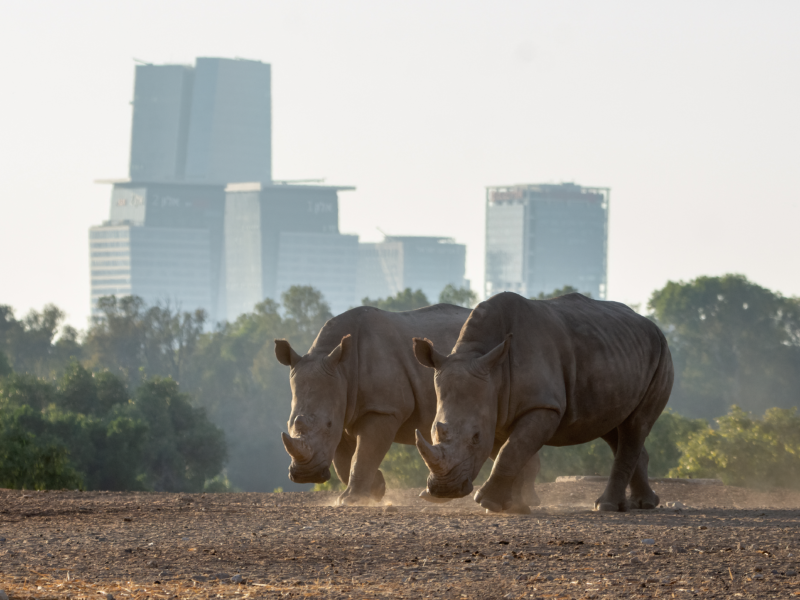Gastroenterologist, nuclear engineer, archaeology volunteer in Israel, flag football coach, patent examiner and patent holder, rock musician, outdoorsman and family man – these diverse components make up the life of Andrew Weinberg, DO.
In the past six months, Dr. Weinberg received his third patent related to colonoscopes and opened his second Weinberg Gastrointestinal office. But busy as life is, he makes sure he saves time for family.
“If you don’t plan time with family, it’s easy to overlook,” says Weinberg. “We are a tight family,” he says, noting they love to explore regional wonders such as the Grand Canyon. His wife Suzanne has a Ph.D. in math education and serves as the math coordinator for the Salt River Reservation. His 10-year-old son Brendan has a passion for sports that prompted Weinberg to add flag football coach to his repertoire for the past two years. The family also enjoys long hikes with their new dog, Nike, a 1-year- old rescue.
Weinberg’s well-rounded life meshes well with his training as a doctor of osteopathy, which focuses on holistic, patient-centered medicine. Graduates of osteopathic medical schools, which now enroll about 20% of medical student in the United States, receive a Doctor of Osteopathy degree, while the more common Medical Doctor degree is bestowed on graduates of allopathic medical schools. Both degrees are accepted by licensing agencies in all 50 states.
While Weinberg says he seldom uses osteopathic manipulative treatments in his practice, he did enjoy osteopathy’s extra year of training that enabled him to focus on multiple special- ties. Osteopaths learn to manipulate the bones and muscles of a patient to diagnose and treat dysfunction. With his engineering background, Weinberg notes, “I stay more evidence based. My background is a little bit of a hybrid – my residencies and board exams were all allopathy.” Still, he says his clinic tagline of complete compassionate care for each patient and his effort to get to the root cause of problems rather than treating symptoms is based on his osteopathy training and a “human approach to medicine.”
At his GI clinic, Weinberg performs an unusual procedure called stool transplants, which he uses to re-introduce beneficial bacteria to the GI tract of patients who have developed serious intestinal infections following extended use of antibiotics that kills necessary bacteria.
Weinberg’s concern for health extends to his fellow gastroenterology physicians. In addition to authoring papers about back and musculoskeletal injuries among GIs, he has developed three colonoscope-related mechanisms and methods to help alleviate overuse injuries in doctors who perform thousands of colonoscopies during their career. Though he holds patents for his three inventions, they are not currently in production. He says he hopes to find partners with whom to develop his inventions.
His background as a patent examiner, a job he held for a year while applying to medical schools, was very helpful when he applied for his own patents. Since he was very familiar with the process, he says he did not have to hire a patent attorney.
His engineering background has also been instrumental in both his patents and his choice of career. As an engineering student, he spent one summer working on a Lehigh University grant to develop a wheelchair to lift muscular dystrophy patients to their feet. He says that experience inspired his interest in medicine. So after earning his bachelor’s degreein mechanical engineering from Lehigh, he began to take pre- med classes while working as a civilian employee of the Navy refurbishing nuclear submarines and nuclear-powered aircraft carriers. He finished his master’s in engineering and his pre-med requirements at the University of Virginia.
When he moved to Pennsylvania to attend medical school at the Philadelphia College of Osteopathic Medicine, he met his wife-to-be. He graduated in 2000 and that same year, Suzanne’s brother, Rabbi Dan Levin of Boca Raton, married the couple. The family moved to Arizona in 2007 for Weinberg’s gastrointestinal fellowship at the University of Arizona in Tucson. They intended to return to Florida following the fellowship, but “We fell in love with Arizona and decided to stay.” He took a job at a clinic in Gilbert, and after a year and a half decided to open his own practice there. He also moved his mother, Miriam Weinberg, from Connecticut to Arizona and says she, too, quickly fell in love with the state.The couple belongs to Congregation Beth Israel, where Suzanne is in the sisterhood.
Two years ago the Weinbergs joined Suzanne’s family for a trip to Israel. Though Suzanne had visited before, it was the first trip for Weinberg and the young cousins, including Brendan. Fourteen family members spent two weeks in Israel, including time volunteering at an archaeological dig. They found “an oil lamp from 2,000 years ago” that was added to the other artifacts unearthed by the archaeologists. “Looking back in time was wonderful,” says Weinberg. He says he was struck both by “how old much of Israel is and at the same time how modern.” In Tel Aviv the family passed huge complexes housing high-tech industries.
He says he also enjoyed the religious aspects of the trip, such as visiting the Western Wall in Jerusalem. Visiting Israel’s borders also gave him a sense of just how small the country is.
The family has planted roots in Arizona and intends to stay, says Weinberg. With the opening of his second clinic, he is seek- ing a partner to enable himself to spend more time with family.
He also hopes to spend more time with his music and has built a home studio. In 2011 and 2012 he recorded two songs he wrote. Available on iTunes and other websites, “The Stream” and “Love” feature a full band with whom Weinberg plays acoustic guitar.
“I enjoy being busy and I’m very patient,” he says. “If it takes a long time, I just pick away till it gets done.” Noting he still enjoys engineering, he says, “I try to tie all the things I’ve done together.”





